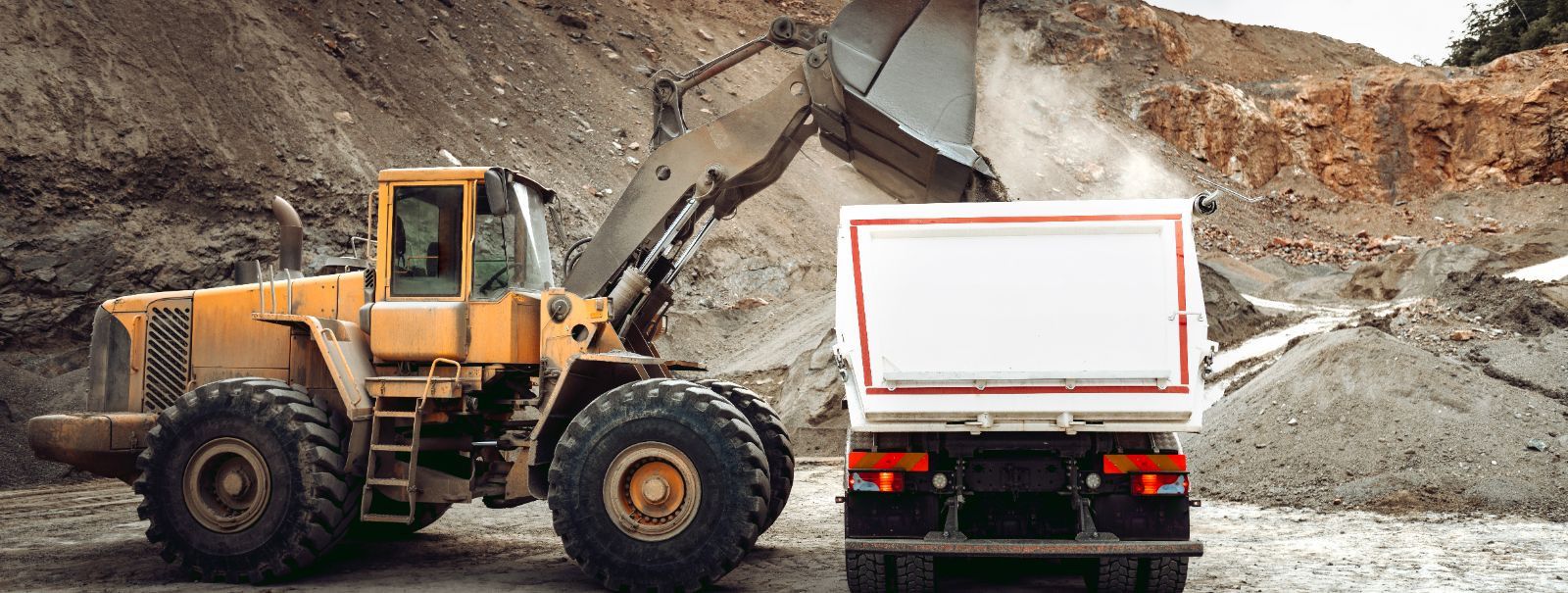5 tips for choosing the right gravel for your project
Gravel is a versatile building material that plays a critical role in numerous construction and landscaping projects. Selecting the right type of gravel is essential for the success of your project, whether it's for drainage, pathways, or as an aggregate in concrete.
Gravel comes in various types, each suited for specific applications. Knowing where and how the gravel will be used is the first step in making an informed decision.
Choosing the wrong type of gravel can lead to structural weaknesses, poor drainage, or unsatisfactory aesthetics, potentially compromising the integrity and appearance of your project.
Tip 1: Identify the Purpose of Your Gravel
For projects that require efficient water drainage, such as landscaping or foundation beds, gravel with larger, irregular shapes is ideal as it allows water to pass through easily.
For pathways and driveways, you'll want a gravel that compacts well and provides a stable surface. Crushed stone with angular edges is often preferred for these applications.
In concrete production, the size and type of gravel used as an aggregate can significantly affect the strength and durability of the concrete.
Tip 2: Consider Gravel Size and Shape
The size of the gravel should be consistent with the project's requirements. Smaller gravel is typically used for more refined surfaces, while larger stones are for more robust applications.
The shape of the gravel, whether rounded or angular, will impact its behavior in your project. Angular gravel is more stable for high-traffic areas, while rounded gravel is softer underfoot and better for decorative purposes.
Tip 3: Evaluate the Gravel Quality
High-quality gravel should have a consistent composition and be durable enough to withstand the demands of your project without degrading quickly.
For projects where aesthetics are important, the color consistency of your gravel can make a significant difference in the final appearance.
Tip 4: Assess Your Quantity Needs
It's crucial to accurately calculate the amount of gravel you'll need for your project to avoid shortages or excess. This involves understanding the coverage area and depth required.
For larger projects, consider the benefits of bulk ordering to ensure a consistent supply and potentially lower costs.
Tip 5: Choose a Reliable Supplier
Researching the reputation of your gravel supplier is vital. A supplier with a track record of delivering high-quality materials on time is essential for project success.
Consider the supplier's delivery options and customer service. Reliable and flexible delivery services can greatly enhance the efficiency of your project's timeline.

















Comments (0)